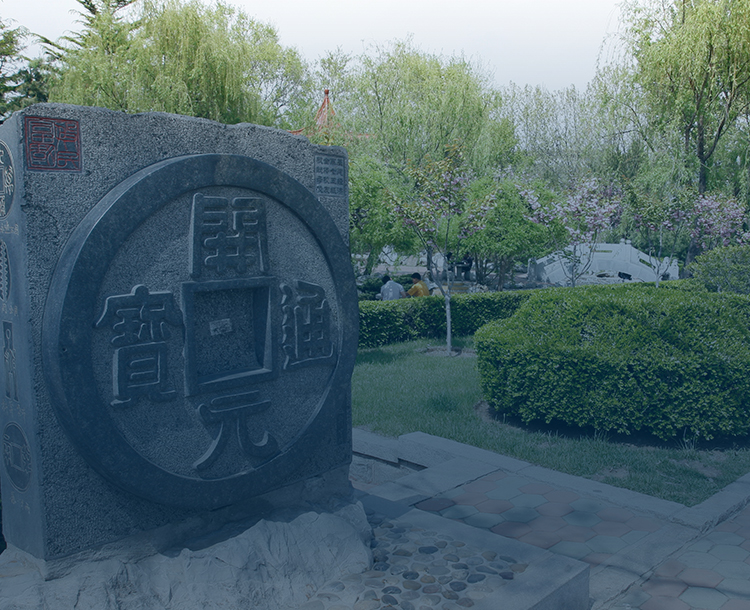
报告题目:Surge Pricing and Two-Sided Temporal Responses in Ride Hailing
报 告 人:朱晗
报告时间:2020年12月1日(周二),13:30-15:00
报告地点:明哲楼504
主办单位:现代供应链管理研究院
【报告人简介】
Han Zhu is an associate professor in School of Management Science and Engineering at Dongbei University of Finance and Economics where he joined in 2019. Prior to that, he was a postdoctoral research fellow at McGill University where he conducted research and taught courses on operations management. He received his B.Eng. from Northeastern University (China) in 2012, and his Ph.D. in Management Science from City University of Hong Kong in 2017.
Han is broadly interested in improving the efficiency of supply chains and service systems. The goal of his research is to provide insights or strategies for stakeholders to improve the performance of the systems they inhabit. He has been working on various operation management problems on inventory control, healthcare management, customer behavior and OM-marketing interface. Most recently, his current work lies in the area of pricing and revenue management in the context of sharing economics. His research has been accepted/published in top-tier journals such as Operations Research, Manufacturing and Service Operations Management, and Production and Operations Management.
【摘要】
Surge pricing in ride-hailing platforms is a pivotal and controversial subject. In this work, we investigates surge pricing in ride-hailing platforms from a temporal perspective, highlighting strategic behavior by riders and drivers and that drivers respond to surge pricing much more slowly than riders do. We adopt and analyze a classic two-period game-theoretical model as in the strategic consumer literature, and identify two types of equilibrium pricing strategies. The first consists of a short-lived sharp price surge followed by a lower price. This equilibrium rationalizes the controversial sharp surge pricing practice: the short-lived sharp price surge causes many high-value riders to voluntarily wait out the initial surge period, which attracts additional drivers to the region to serve riders at a much lower price than the initial surge price. The second consists of a low initial price followed by a higher price. We find that the latter equilibrium is generally superior to the former one when both exist but requires platforms to share demand-supply information with drivers. This theoretically superior equilibrium suggests that a vastly different approach may improve surge pricing and highlights the potential value and importance for platforms to share demand-supply information with drivers.





